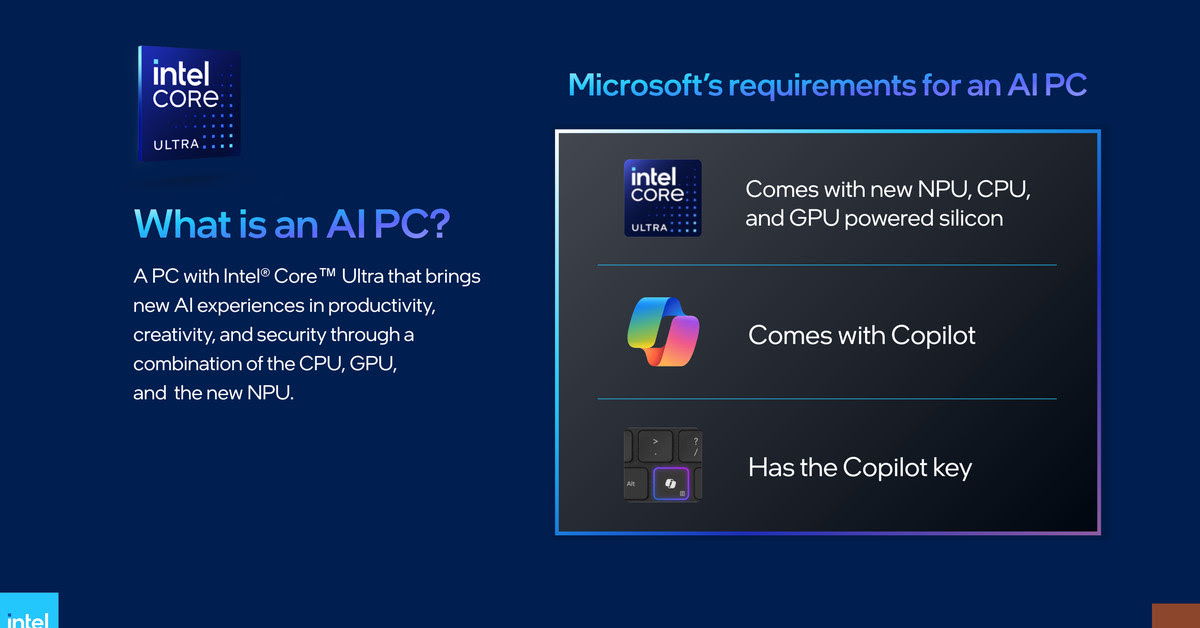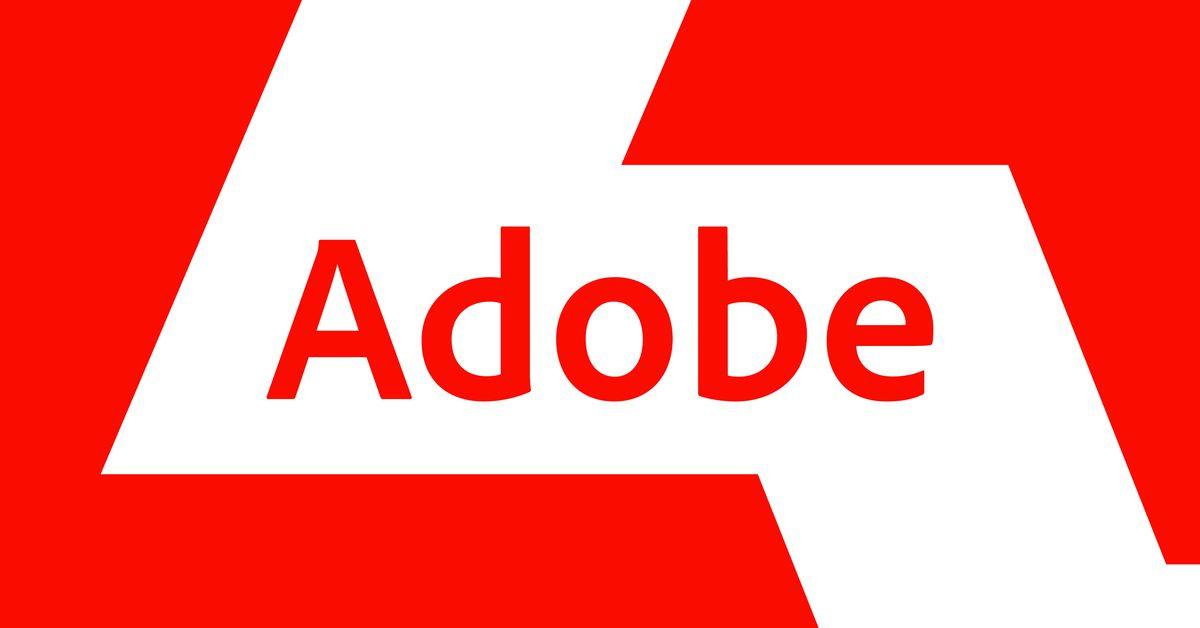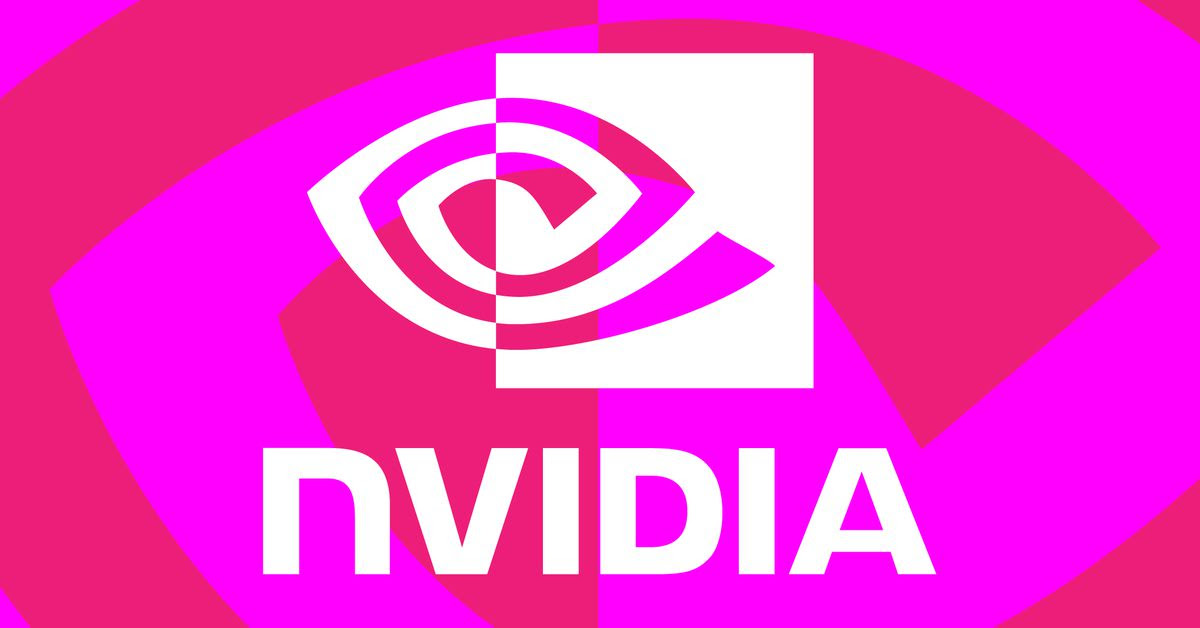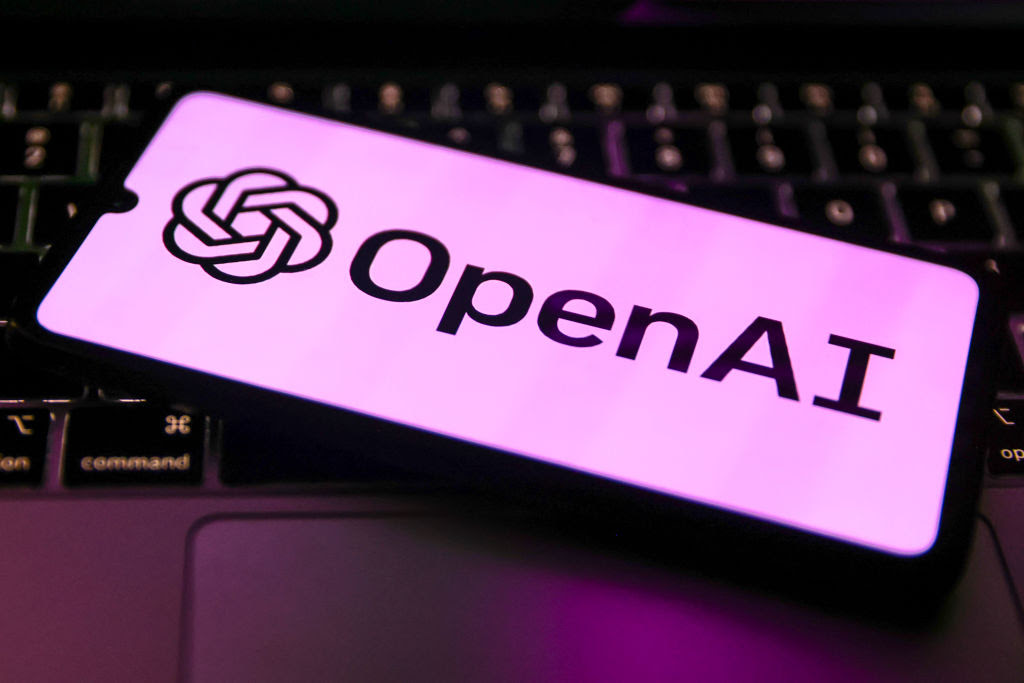Version 35.0

Written & Compiled by Macklin Andrick, GPJ Sr. Creative Technologist
GPJ’s Experience Technology practice is your trusted guide through the latest technological shifts and how they might benefit your next experience. Another week, another opportunity to explore some of the weird and wild things going on in the tech world!
Your headlines in this week’s #CreativeTechBytes: In Tennessee, the ELVIS Act has been introduced as a protective measure for artists, safeguarding against undesirable intrusions by AI technologies. Intel and Google have formed a collaborative coalition to contest Nvidia’s dominant position in the AI chip domain, with a vision to democratize this segment. And OpenAI’s Sora is making waves in Hollywood, offering a glimpse into a future where narratives seamlessly transition from textual formats to visual mediums.

Microsoft’s new era of AI PCs will need a Copilot key
Intel, alongside Microsoft, Qualcomm, and AMD, is championing the concept of the “AI PC,” aimed at integrating more AI-powered functionalities within Windows. Intel revealed Microsoft’s stipulations for OEMs to construct such AI PCs, highlighting a notable requirement: the incorporation of Microsoft’s newly announced Copilot key. This specifies that AI PCs must feature a Neural Processing Unit (NPU), advanced CPUs and GPUs, and access to Copilot, embodied through the Copilot key. The directive has led to a distinction between Microsoft and Intel’s definitions of an AI PC, as seen with Asus’ ROG Zephyrus, which lacks the Copilot key. Despite this, Intel acknowledges its alignment with Microsoft on the Core Ultra, Copilot, and the Copilot key, emphasizing the role of integrated NPUs in enhancing AI capabilities. Moreover, Intel is expanding its AI PC acceleration program to foster software development that leverages AI, including offering a hardware development kit and hosting events to aid developers in utilizing AI tools. This initiative aims to enrich the AI PC ecosystem with more applications using the NPU, amidst competition with Qualcomm and interest from Google in optimizing its Chrome browser for Windows on Arm.
Adobe’s new GenStudio platform is an AI factory for advertisers
Adobe recently unveiled its new GenStudio platform at Adobe Summit, aiming to simplify advertising campaign creation through generative AI tools. This application provides a centralized hub for building marketing campaigns, offering brand kits, copy guidance, preapproved assets, and AI-powered tools for generating content that remains consistent with brand identity. GenStudio also offers insights into the performance of various assets and campaigns to guide future AI prompts. Alongside GenStudio, Adobe introduced updates to its Firefly generative AI model and an AI assistant for the Adobe Experience enterprise platform. The GenStudio platform is in alpha, with general availability expected later this year, and pricing will vary. Additionally, Adobe announced Firefly Services, offering over 20 AI tools and APIs for automating creative tasks, and a partnership with Microsoft to integrate Adobe Experience Cloud with Copilot for Microsoft 365. Adobe emphasizes the commercial safety of its Firefly model, trained on Adobe Stock images, openly licensed content, and public domain materials, highlighting its appeal to organizations concerned with intellectual property rights.


AI + design: Figma users tell us what’s coming next
A recent survey conducted by Figma involving over 1,800 users, including designers, developers, and executives from seven countries, reveals insights into the integration of AI within product design and development. Despite high expectations for generative AI to impact products and services significantly within the next 12 months, the survey indicates that AI’s current role in products remains experimental and often non-essential. This perception is echoed by the respondents’ reports of AI not yet delivering substantial improvements in metrics such as revenue, costs, or market share. Additionally, there’s an emerging trend of “AI feature fatigue,” where users show indifference towards new AI features, highlighting the challenge of ensuring AI solutions meet actual user needs. The survey suggests that less than half of the respondents working on AI products have managed to ship their projects, pointing to a potential future wave of AI applications that could face a market already weary of AI innovations. Despite these challenges, the importance of design in making AI technologies more intuitive and useful is underscored, with examples like ChatGPT’s success illustrating how user experience improvements can drive widespread adoption. The survey highlights the necessity for thoughtful integration of AI into existing products and the importance of addressing user needs and concerns, including data security and the quality of AI’s output, to build trust and relevance in AI-enhanced products.
Tennessee becomes first state to protect musicians and other artists against AI’
Tennessee has become the first state in the U.S. to enact legislation aimed at protecting musicians and other artists from the unauthorized use of their voices by artificial intelligence. Signed into law by Governor Bill Lee, the legislation, known as the Ensuring Likeness, Voice, and Image Security Act or “ELVIS Act,” seeks to safeguard the unique intellectual property of artists, including their vocal likeness, from being replicated without consent. The law, effective from July 1, adds vocal likeness to the list of protected personal property rights in Tennessee—a state that already recognizes names, photographs, and likenesses as property rights. The ELVIS Act allows for new civil actions against those who use an artist’s voice, name, photographs, or likeness without authorization, highlighting Tennessee’s continued commitment to protecting its rich musical heritage and the rights of its artists. The legislation has received widespread support within the music industry and bipartisan approval from the Tennessee Statehouse, despite it being untested and the ongoing debates on its potential effectiveness against the challenges posed by AI technology.


Nvidia’s AI chip dominance targeted by Google, Intel and Arm
A coalition led by Intel, Google, Arm, Qualcomm, Samsung, and other tech giants is challenging Nvidia’s dominance in the artificial intelligence chip market. This group, known as The Unified Acceleration Foundation (UXL), is working on an open-source software suite designed to free AI developers from being tied to Nvidia’s proprietary technologies, such as its CUDA platform. The initiative aims to enable AI code to be run on any hardware, thereby breaking down the barriers imposed by Nvidia’s software ecosystem. UXL’s efforts are expected to mature in the second half of this year, though a final release date has not been specified. The project leverages Intel’s OneAPI standard to eliminate the need for specific coding languages and tools that lock developers into using Nvidia’s architecture. Nvidia, which recently achieved a $2 trillion market capitalization, has been leading the AI hardware sector with its advanced GPUs like the H100 and the upcoming H200. However, its success has led to a scarcity of these chips, prompting rivals to develop alternatives. UXL plans to support Nvidia hardware eventually and is reaching out to additional chipmakers and cloud-computing companies to ensure broad compatibility. Microsoft, although not part of UXL, was rumored last year to be collaborating with AMD on developing AI chips that could compete with Nvidia, signaling a growing industry effort to challenge Nvidia’s market position.
OpenAI Heading To Hollywood To Pitch Revolutionary “Sora”
OpenAI is making significant moves in Hollywood by showcasing its “Sora” text-to-video generator to studios, talent agencies, and media executives, aiming to revolutionize movie production. According to Bloomberg, this software has already made an impression on producer Tyler Perry, leading him to pause a major studio expansion plan due to Sora’s impressive capabilities. Despite recognizing the potential opportunities Sora presents, Perry has also expressed concerns about the impact on industry workers, emphasizing the need for regulations to protect jobs. Sora is expected to be released to the public later this year. OpenAI’s approach involves working closely with the industry through phased AI deployments to ensure safe and effective implementation, seeking to maintain an ongoing dialogue with artists and creatives about the future of AI in creative fields. This initiative comes in the context of AI’s growing influence in entertainment, highlighted by its role in recent Hollywood labor negotiations.

More Cool Stuff We Found
- Real-time map of every Starlink satellite in orbit
- Create visual stories without Drawing
- JetZero: Ultra-efficient blended wing body jet
- Thoughts on Vision Pro
- Discover 144 Design Systems
- How to get things done as a busy generalist
- It’s a few years late, but a prototype supersonic airplane has taken flight
- Mathematicians use AI to identify emerging COVID-19 variants
Missed a Creative Tech Byte? Find all previous versions here.